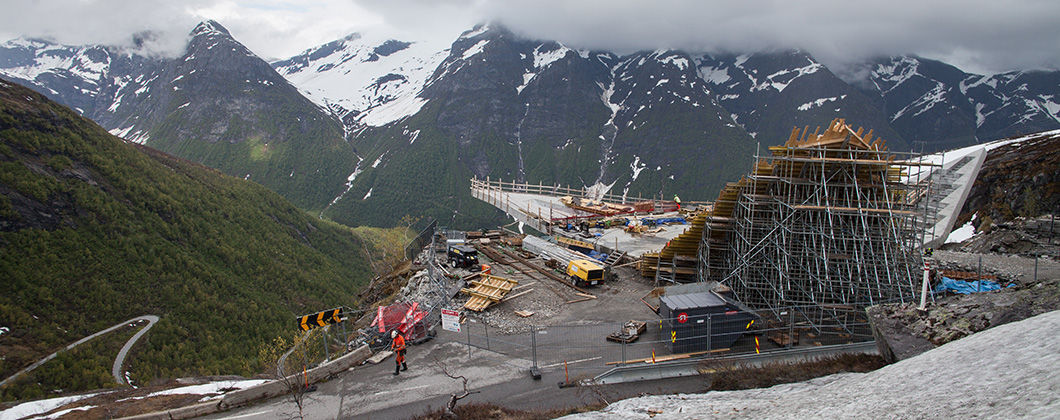Zero Accident Vision based Strategies in Organisations: Innovative Perspectives
12th of February 2019

Zero Accident Vision based Strategies in Organisations: Innovative Perspectives
Article related to the NIVA course on Safety Promotion – Research and Good Practice, 7th–9th of May 2019, Hanaholmen/Hanasaari, Espoo (Helsinki area), Finland
Gerard I.J.M. Zwetsloot (a), Pete Kines (b), Jean-Luc Wybo (c), Riikka Ruotsala (d), Linda Drupsteen (a), Robert A. Bezemer (e)
(a) Netherlands Organisation for Applied Scientific Research TNO, Leiden, Netherlands
(b) National Research Centre for the Working Environment, Copenhagen, Denmark
(c) European University Cyprus, Egkomi, Cyprus
(d) Finnish Institute of Occupational Health, Helsinki, Finland
(e) Netherlands Organisation for Applied Scientific Research TNO, Delft, Netherlands
Abstract
The Zero Accident Vision (ZAV) is a promising approach developed in industry, but not so much addressed by the safety science research community. In a discussion paper in Safety Science (2013) a call was made for more research in this area. Three years later is a good time to take status of developments in this field. A first set of empirical studies has been published, several authors see new perspectives with the vision, while misunderstandings still flourish with a focus on ‘zero incidents’ as a ‘goal’, rather than the ‘vision’ that all occupational incidents are preventable. This has thus given rise to fundamental criticism of ZAV with some authors seeing ZAV as an unjustified and misleading pretention that is counter-productive for safety. In this paper an overview is given of the knowledge developments in this respect, as well as on the discourse on the controversial aspect of ZAV. There appears to be consensus that merely promoting traditional safety management or accident prevention will not lead to significant new improvements in safety. Six innovative perspectives associated with ZAV are identified and presented in this paper, which together offer a range of possibilities for both industry and for the safety science community to develop new practices and knowledge that may provide significant improvements in safety. The call for more empirical research into this challenging area is relevant for the advocates of ZAV as well as for its critics.
Keywords: Vision Zero, Safety innovation, Safety management, Safety culture, Accident prevention, Safety strategy
Download the whole article HERE.
More information: Course web page
Registration: Course registration
Last registration date: 20th of March 2019
